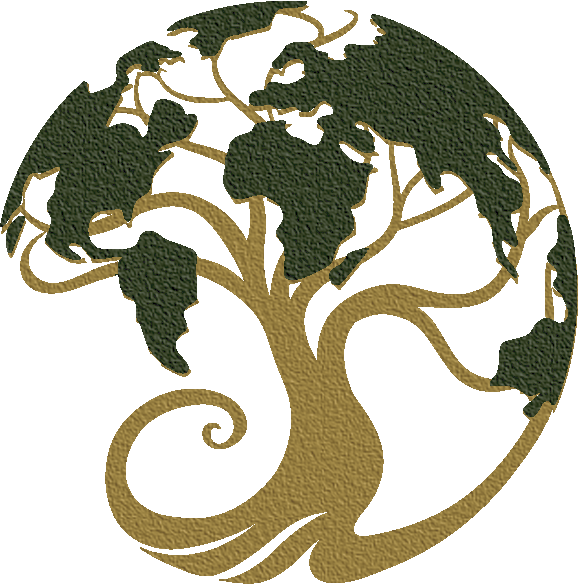Ayurvedic Medicine
Ayurvedic medicine is a traditional system of medicine that has its roots in ancient India. The word "Ayurveda" is derived from the Sanskrit words "ayur," meaning life, and "Veda," meaning knowledge or science. Ayurveda is often considered one of the oldest healthcare systems in the world, with a history that dates back thousands of years. It is considered one of the oldest healthcare systems in the world, with a history that dates back thousands of years.
Key principles of Ayurveda include the balance of the three doshas, which are biological energies believed to govern various physiological and psychological functions in the body. The three doshas are Vata (Air and Ether elements), Pitta (Fire and Water elements), and Kapha (Earth and Water elements).
The key principles of Ayurveda involve balancing the three doshas, which are biological energies believed to govern various physiological and psychological functions in the body. The three doshas are Vata (air and ether elements), Pitta (fire and water elements), and Kapha (earth and water elements). According to Ayurvedic principles, any imbalance in these doshas can lead to illness. Ayurvedic medicine aims to restore balance and harmony by addressing the underlying imbalances in these doshas that can lead to illness, and Ayurvedic medicine aims to restore balance and harmony.
-

Ayurvedic Tongue Diagnosis: Constitutional Medicine
1 Oct - Nov 26, 2025
-

Ayurvedic Nutrition: Increasing Your Life Force Energy (Workshop)
6 - 7, Sept 2026
-

Ayurvedic Essentials: Ancient Wisdom for Whole Living (Series)
4 March - 25 March
-

Ayurvedic Tongue Diagnosis: What Your Tongue Reveals About Your Health (Online 4-Week Series)
1 April - 29 April
-

Ayurveda & The Importance of the Gut Microbiome (Series)
6 May - 27 May

